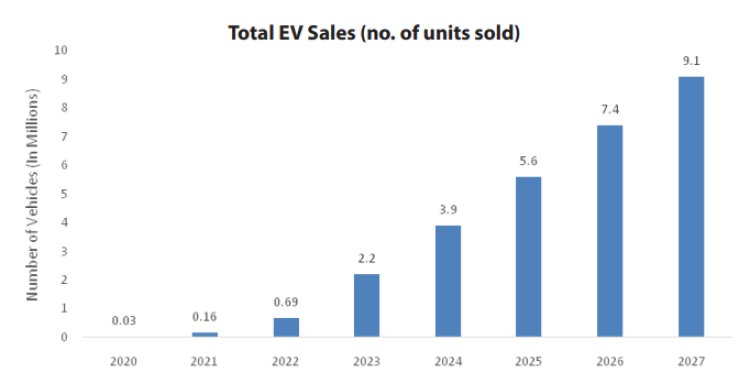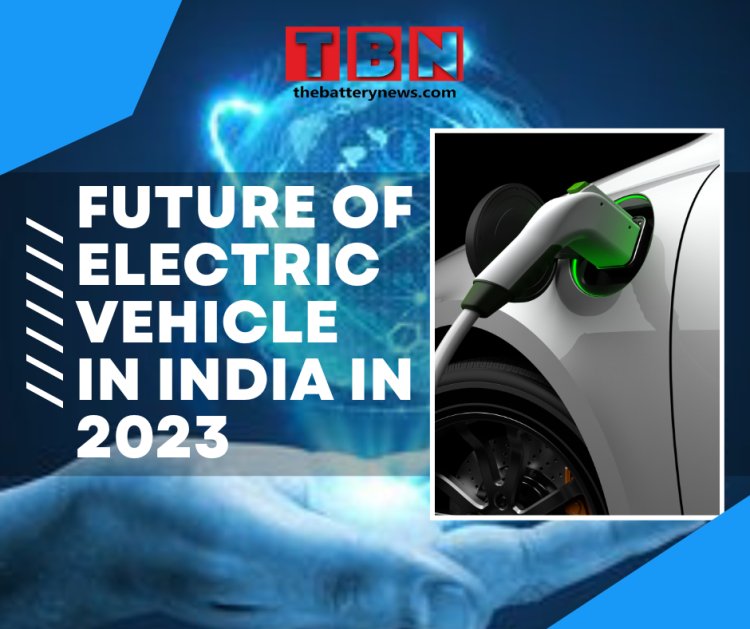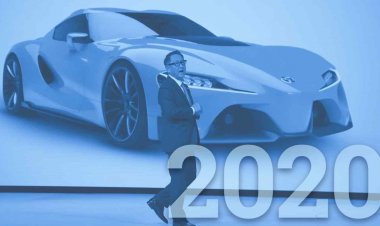|
Fossil fuels like Gas, Oil, Coal, and Minerals are nonrenewable resources that are extracted from the earth. To meet the demand of India’s population, Fossile fuels are burned daily on a huge scale resulting in emitting enormous amounts of carbon dioxide, a greenhouse gas released into the atmosphere. Greenhouse gases trap heat in the atmosphere which is causing global warming.
The ill causes of growing global warming in India automatically generate demand for an alternate solution which is electric vehicles. Electric vehicles are run by electric power that is battery intacted within the vehicle.

How far Electric Vehicles has penetrated the Indian Market?
In 2022 EVs sales have given much-needed validation on how all EVs have made their strong place in the Indian market. EVs are not only selling themselves due to their properties but the Indian government has been playing a great job backing up EV production and demand expansion. Apart from the overarching role played by the central and state governments as policymakers. India is at an inflection point as far as electric penetration is concerned for all types of Electric vehicles.
3.5L units of EVs were registered up through September 1st, 2022 where Uttar Pradesh tops EV registrations in the country, followed by Karnataka and Tamil Nadu.
E-rickshaw/e-kart category (top speed less than 25 km/h) dominates the market where 45% of three-wheeler sales increase has been seen in the market.
Sales of all EVs are anticipated to increase by 68% CAGR through 2027. The e2Ws and electric auto categories which are three and four-wheeler EVs will be responsible for the increased sales (including e-rickshaws).
A fixed duty cycle and the initiatives by small businesses such as local groceries shops and large businesses such as Dominos to adopt electric vehicles for last-mile deliveries will ground steep sales of two and three-wheeler electric vehicles.

Electric buses are gaining traction due to the need for more fuel-efficient and refined buses that make less pollution. At present electric buses are seen on the roads of Delhi, Lucknow, Kerala, Manali, Dehradun, and Hyderabad as public transport and state road transportation services.
Another reason being, tha prominent e-commerce companies Amazon and Flipkart are aiming for a 100% electric fleet by 2030 in the Indian Market.

According to the graph that says by 2027 India will be having 9.1 million EVs on the roads followed by 2.2 million in 2023, 3.9 Million in 2024, 5.6 Million in 2025, and 7.5 Million in 2026. It depicts a positive and enormous market outspread in a few years in Indian Electric Vehicle Industry.
Apart from electric vehicles, we believe that there will be significant opportunities to invest across the value chain including component manufacturers, battery and battery management systems, and mobility services. - Padmanabh Sinha, ED & CIO, Growth Equity, National Investment, and Infrastructure Fund (NIIF)
Ev expansion will bring a number of opportunities for businesses to invest in. There are many safe and easy ways to put your hands in the EV sector for profitable business opportunities.
Here you read about Business Opportunities in the Electric Vehicle Sector.

|

































